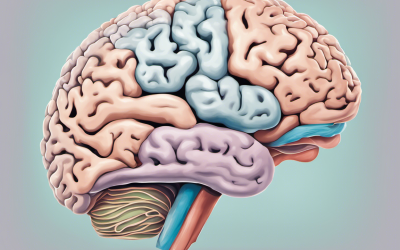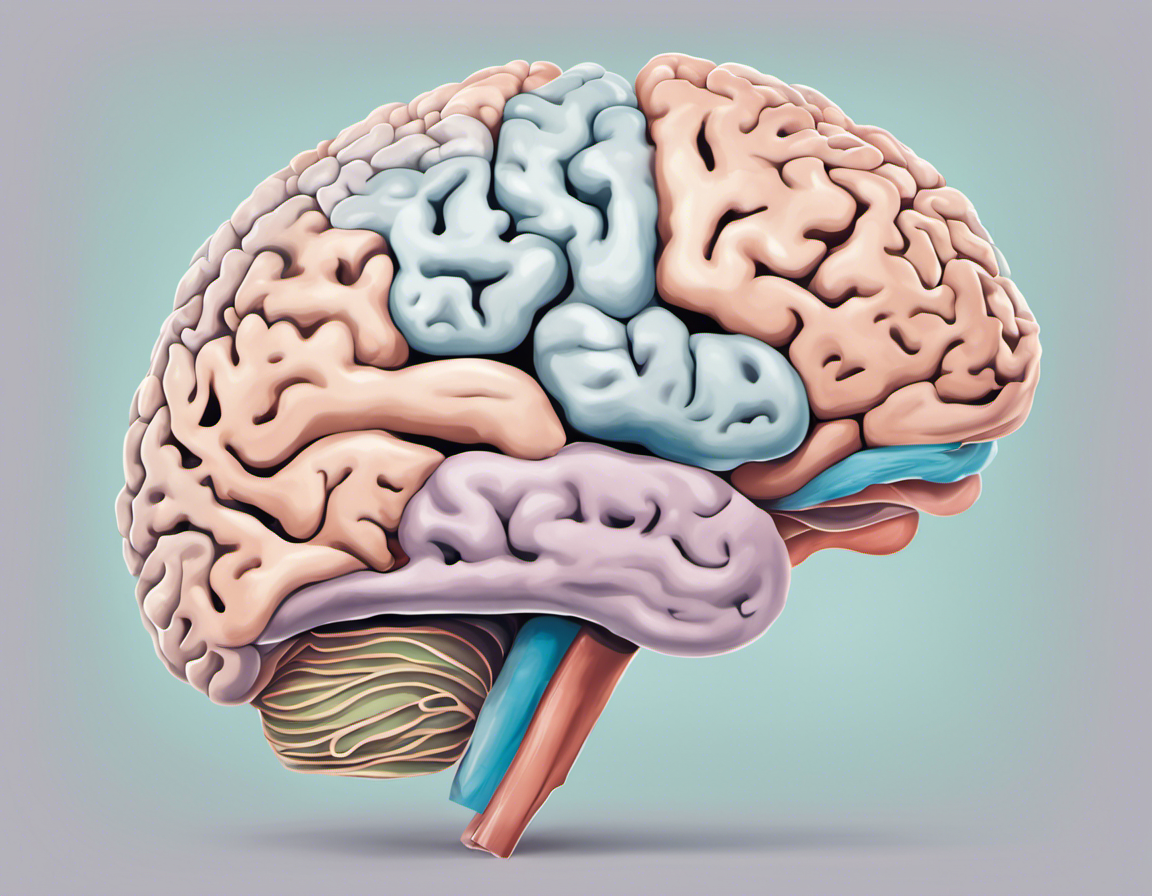Unraveling the Link between ADHD and Increased Risk-Taking Propensity

“Are individuals with ADHD (Attention Deficit Hyperactivity Disorder) more prone to indulging in risky behavior than their counterparts? This compelling question uncovers an intersection of psychology and behavioral science that illuminates the inner workings of an ADHD-affected brain. ADHD, characterized by symptoms such as difficulty sustaining attention, hyperactivity, and impulsive behavior, affects millions of children and often continues into adulthood. Recent research indicates a significant correlation between this neurological disorder and a heightened propensity for risk-taking.
Indeed, the issue goes well beyond mere statistics; it touches on the very essence of understanding human behavior and its rapid dynamics. This article aims to dissect the complex relationship between ADHD and risk-taking behaviors, delve into reasons that contribute to this association, and shed light on potential strategies for management.
The connection between ADHD and the greater likelihood of risk-taking is far from just academic interest—it has profound implications concerning public health issues, societal norms, and influences on educational systems, not to mention its sheer relevance in day-to-day life scenarios we may encounter or experience personally. Let’s embark on this exploratory journey together.”
Understanding ADHD
ADHD, an acronym for Attention-Deficit/Hyperactivity Disorder, is a neurodevelopmental disorder that primarily affects children and can continue into adulthood. Despite being commonly diagnosed in childhood, the conditions can also first appear during adolescent years or even later. Now, let’s dive deeper into what ADHD means.
Definition of ADHD
ATTENTION-DEFICIT/HYPERACTIVITY DISORDER (ADHD) is a complex health concern characterized by persistent patterns of inattention, impulsiveness, or hyperactivity that interfere with functioning or development. This disorder may manifest itself in various ways and across numerous settings—be it at home, school, work, or social gatherings.
Symptoms and Diagnosis
ADHD symptoms comprise a wide array of characteristics typically grouped into two components: inattentiveness and hyperactivity-impulsivity. The former incorporates a lack of attention to detail frequently forgetting daily activities, while the latter involves excessive restlessness, talking excessively, etc.
For a conclusive diagnosis, these symptoms must be chronic—with their onset no later than adolescence—and negatively impact functioning within multiple domains of life. Therefore, diagnosing ADHD calls for careful examination by qualified medical professionals who employ comprehensive diagnostic strategies.
Relation between ADHD and Risk-Taking Behavior
With numerous studies surfacing over the years demonstrating links between ADHD and risky behavior patterns, it is clear that this connection deserves our attention. Individuals affected by this disorder are often more willing to engage in riskier actions—a tendency that could possibly exacerbate the already challenging life situations they face due to their condition.
Reasons behind increased risk-taking in individuals with ADHD
There are several theories on why people with ADHD might be more inclined to take risks. Firstly, the impulse control issues integral to ADHD might contribute significantly to this tendency towards risk-taking behavior. Impulse control problems basically constitute acting without thinking—a trait that logically leads those afflicted towards dangerous situations without them recognizing potential harm.
Secondly, the dopamine system—which plays a key role in processing rewards and punishments—functions differently in individuals with ADHD. This may result in them needing more stimulation or taking risks to get the same “pleasure” or “thrill” that others might from less stimulating activities.
Finally, ADHD can contribute to a decreased sense of danger since they may not be paying as much attention to potential threats or consequences of their actions.
These issues signal how vital it is to better understand this connection between ADHD and risk-taking behaviors—not just for those directly dealing with the condition but also for doctors, teachers, family members and others in contact with these individuals.
Conclusion
In summary, it is clear that there is a noteworthy correlation between ADHD and increased risk-taking behavior. The cause behind this connection appears to stem from multiple reasons, such as impulse control issues, differences in the dopamine system within the brain, and a reduced sense of danger.
The significance of understanding these correlational aspects is profound, not just for those diagnosed with ADHD, but for everyone involved in their lives – be they doctors, educators, family members or friends. Understanding the roots of such behavior can drastically improve the overall management and treatment strategies for ADHD, which is why further research in this area is essential.
As we wrap up this topic, remember every person’s experience with ADHD can differ. Understanding this fact can lead to greater empathy and better decision-making when dealing with individuals living with ADHD.
We encourage you to explore this fascinating link further, delve deeper into the intricacies of ADHD, and become course-changers in creating environments where individuals with ADHD can thrive. Let’s continue this conversation on ADHD and risk-taking behavior to refine our knowledge and practices.





